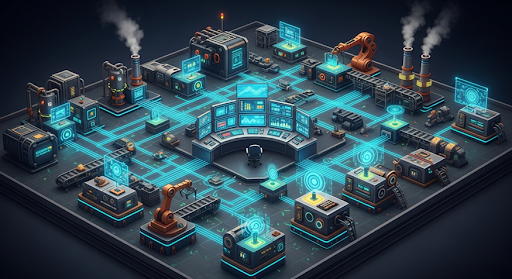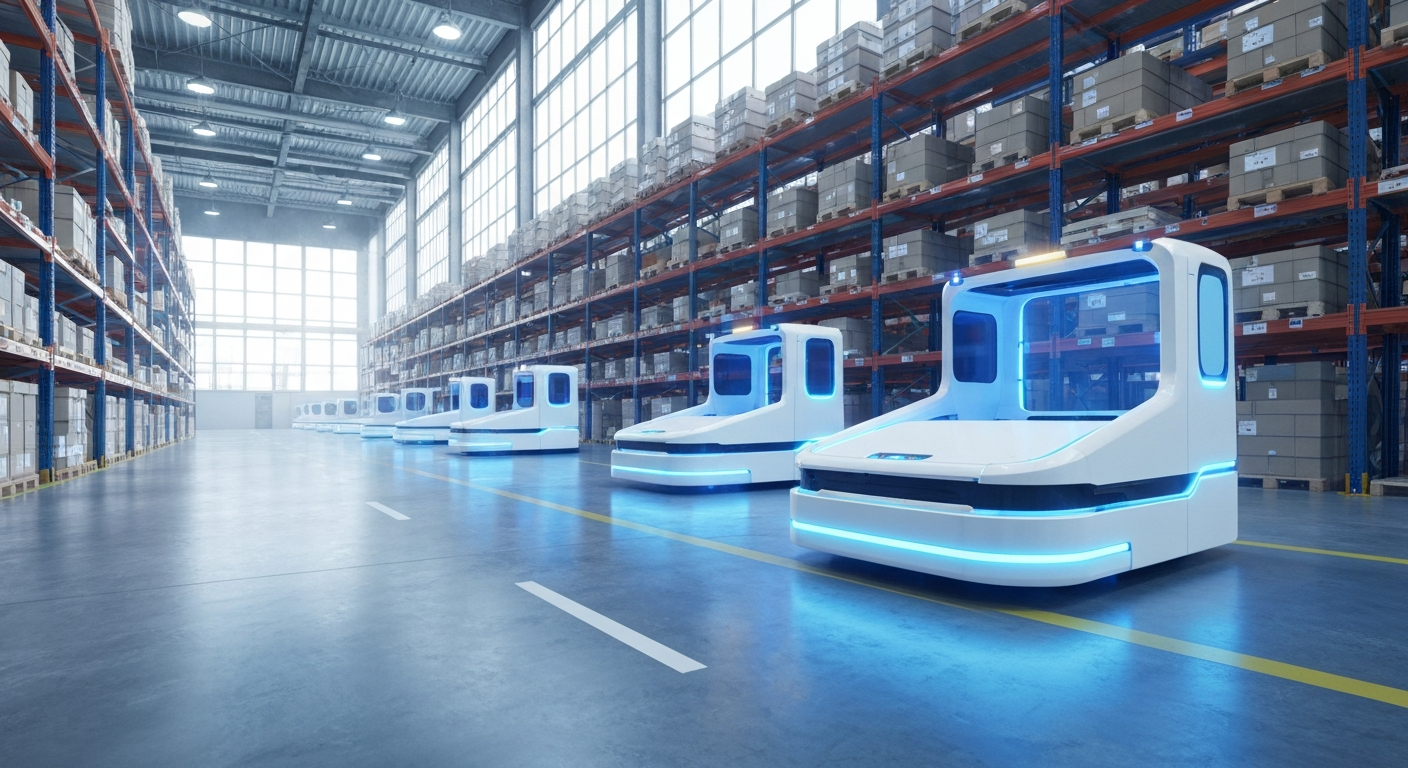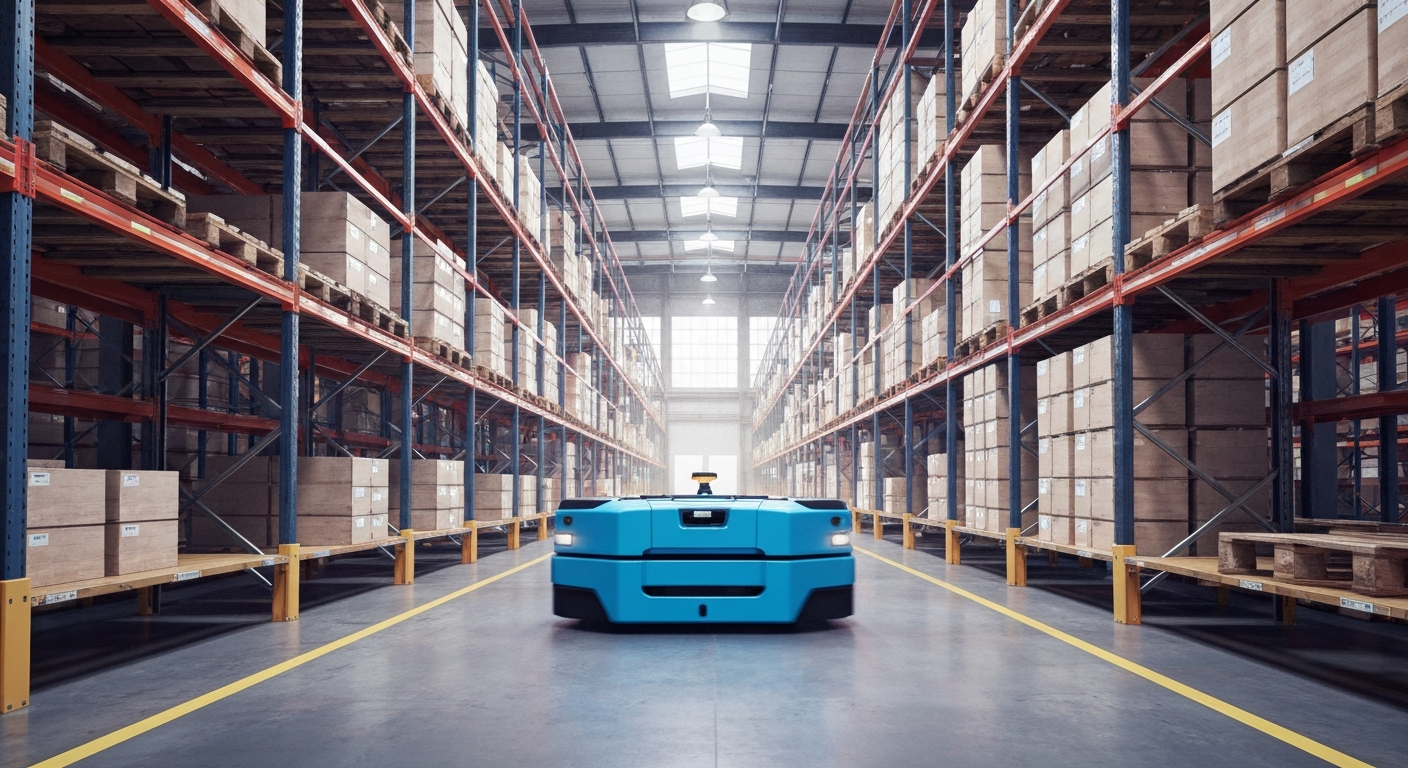What Is Automation And Its Example?

From the simplest to the most complex applications, automation comes in many forms in our daily lives. Most businesses use some form of business process automation software in various areas of their business. Process automation is a dedicated network of software and applications used to document and manage business processes such as budgeting or project management.
Robotic Process Automation (RPA) happens when basic tasks are automated by software or hardware systems running in various applications, just like humans do. Unlike deep learning, software robots used in robotic process automation are programmed to perform tasks in a specific workflow by an employee with the help of a programmer. More advanced forms of automation, such as machine learning, can be used to perform higher-order tasks that require greater adaptability.
Industries involving highly complex systems such as modern factories, aircraft and ships often use a combination of different automation techniques to maximize process efficiency. In the automotive industry, production lines, automatic assembly machines, and some chemical processes are examples of stationary automation. Processes such as molding or casting are used, which may not require complex control systems such as automated milling or robotic welding.
Industrial automation relies on various control systems for integrating each piece of process equipment or equipment into a larger system. An industrial automation system is a system used to control and monitor a process, machine, or equipment in a computerized manner, often performing repetitive functions or actions.
These systems replace human-primarily repetitive and mechanical tasks and decisions in the manufacturing process. Thanks to adaptive control and monitoring in various production steps and processes, industrial automation systems are useful in eliminating human errors and therefore in improving the quality and uniformity of the products offered.
Examples of such automation include CNC machine tools, paper mills, steel mills, industrial robots, and more. Industrial automation isn't just robotics - it's a complete system upgrade that enables your equipment to perform tasks on its own. Automation is the use of various control systems to operate equipment such as machines, processes in factories, driving vehicles, aircraft, ships and other applications. Automation is a broad range of technologies including robotics and expert systems, telemetry and communications, optoelectronics, cybersecurity, process measurement and control, sensors, wireless applications, system integration, control measurement, and more.
Operations management is a broad term that includes the various operations performed to provide a product or service, and business process automation can be used to manage and optimize many of these operations and workflows. Business Process Automation (BPA) uses technology to automate everyday tasks, manual functions, and organized systems and workflows for all staff. Office automation - involves the use of computers and software to digitize, archive, process and communicate most of the routine activities and processes in a standard office. In a factory, we can automate production machines and tools, material handling equipment, control equipment, and even computer systems that control production operations.



